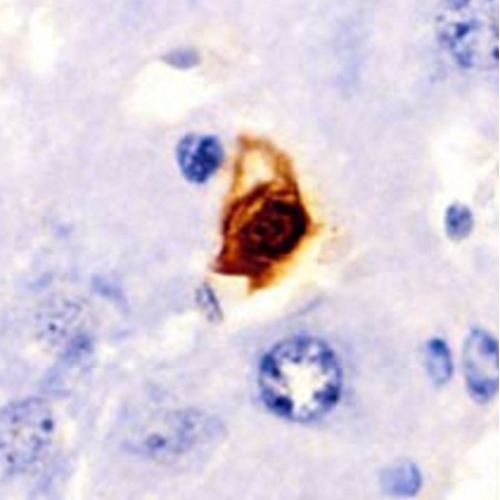Key points from article :
Genes and pathways regulate splicing factors that tell our genes how to behave
Disrupting these genetic processes could reverse signs of ageing in cells.
The ERK and AKT pathways are repeatedly activated throughout life.
Activation may hinder the activity of splicing factors, in turn, could lead to a build-up of senescent cells.
To stop the activity of the ERK and AKT pathways, used inhibitors which are already used as cancer drugs in clinics.
Stopping the activity reduced the number of senescent cells in cultures grown in the laboratory.
Found the same effects from knocking out the genes controlled by these pathways – FOX01 and ETV6.
“Our goal is to avoid diseases partially caused by ageing cells, such as dementia and cancer.” - Lorna Harries, lead researcher.
Researchers saw a reversal of many of the features of senescent cells, leading to a rejuvenation of cells.
“It’s an exciting contribution to how we may one day be able to influence healthier ageing.” - Eva Latorre, co-author.
Research by the University of Exeter Medical School published in the Journal FASEB.






